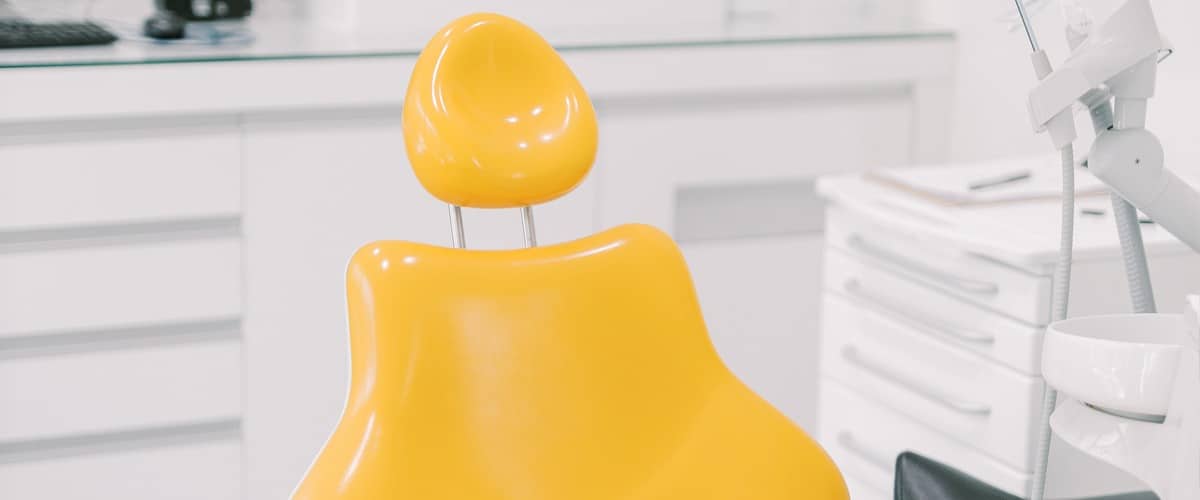Pediatric Dentistry
Pediatric Dentistry is a subspecialty of dentistry focused on children up to 12 years of age.
The Pediatric Dentist is the professional responsible for preventing, diagnosing and treating oral problems in children and adolescents, following the eruption of milk teeth until the transition to permanent dentition.
This allows early detection of problems and ensures good oral health.
What is the First Appointment?
Prevention is the best strategy to fight tooth decay, as it avoids invasive and traumatic treatments for both children and parents.
In the first consultation with a pediatric dentist, oral hygiene techniques are discussed and preventive procedures are performed.
The dentist evaluates the child’s oral and dental development and informs the parents about the implications of feeding and oral habits, such as the use of pacifiers or fingers, on the milk and permanent dentition.
The first visit is also an opportunity for the child to feel comfortable in the dental office, making it a familiar environment and facilitating future visits.
Maintaining good oral hygiene
Children, especially younger children, may find it difficult to brush and floss properly.
Even with the help of an adult, it is possible that some areas are left without proper brushing and can cause tooth decay.
To prevent tooth decay from occurring, it is recommended that dental cleanings be performed twice a year to remove plaque and tartar build-up.
When is it recommended to take a child to the dentist for the first time?
The first dental visit for children should be scheduled soon after the eruption of the first baby teeth, or at the latest at 12 months of age.
But why is it so crucial that children visit the dentist so early?
Baby teeth are essential for chewing, speaking, and preserving space for permanent teeth.
They are also crucial for the proper development of the bone structure.
Maintaining healthy teeth from an early age is important to ensure healthy and uncompromised dental formation.

Caries treatment
Cavities should always be treated, even when they are present in baby teeth.
This is important because caries in baby teeth can cause pain and, depending on the severity, can damage the space where the permanent teeth will grow.
It is important to remember that it is not recommended to take your child to the dentist just to treat cavities, as this can cause trauma and fear of the dentist, which can affect his or her adult life.
Preventive Orthodontics
Problems of tooth position and malocclusion affect many children, requiring the use of braces.
For this reason, it is important to have regular checkups to identify and treat these problems early on.
When the dentist detects the need for corrective braces, the child is referred to the orthodontics department, where they are followed up by a specialist.
Extraction of milk teeth
The milk teeth, also known as deciduous teeth, are removed when they are badly damaged or decayed, or when they prevent the development of permanent teeth.
Dental sealants
Dental sealants are an effective way to prevent cavities in children.
They are applied to the chewing surface of the back teeth, forming a protective layer.
In addition, in-office fluoride application and the use of fluoride toothpastes are also important for preventing cavities in children.
Does sucking on the finger or using a pacifier deform the teeth?
Finger sucking or pacifier sucking habits can cause long-term dental problems.
However, if stopped before the age of 2/3, these habits will not impact the permanent dentition.
It is recommended that these habits be abandoned by 1 year of age. Consult a dentist for specific advice for your child.

SCHEDULE YOUR APPOINTMENT
Contact
-
Opening Hours
Monday to Friday from 9am to 8pm
-
Address
Rua de Camões, Nº 115 – R/C
4000-144 Porto
Portugal -
Email

